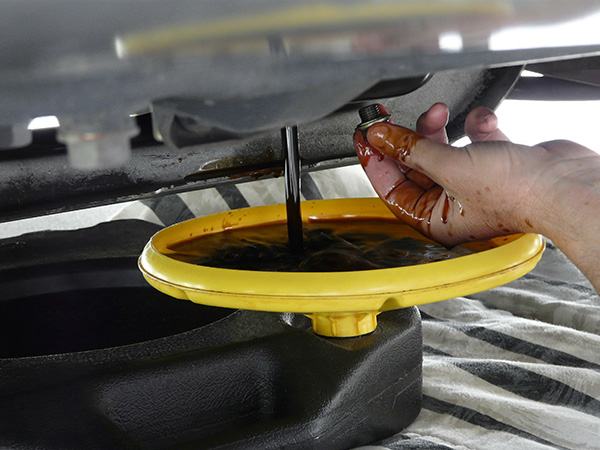
We’ve all heard it before—changing your car’s engine oil regularly is one of the most important steps to keep it running. But what actually happens if you don’t keep up with oil changes? Many drivers may be tempted to stretch the time between oil changes, but the consequences can be far worse than you might expect. Your engine depends on fresh oil to function properly, and neglecting this routine maintenance could lead to costly damage, reduced performance, and even a complete engine failure. Let’s see why changing your engine oil is so essential and what can go wrong if you skip this vital task.
Why Engine Oil Is Needed
First, it’s important to understand the role engine oil plays in your vehicle. It’s not just a random liquid that lubricates parts—it is the lifeblood of your engine. Engine oil has three main functions:
Lubrication
Oil coats the moving parts of your engine to reduce friction and prevent wear. Without sufficient lubrication, the metal parts in your engine will grind against each other, causing extensive damage.
Cooling
Oil helps dissipate heat generated by the engine. When oil levels are low, or the oil is old and thick, it can’t absorb as much heat, leading to overheating.
Cleaning
The oil picks up debris, dirt, and sludge as it moves through the engine, preventing buildup that can clog vital components. Old oil loses its effectiveness, allowing grime to accumulate and damage the engine over time.
Now that we know how important engine oil is, let’s dive into the potential problems that arise when oil changes are ignored.
Increased Engine Wear
Skipping oil changes means your engine loses its protection from friction. The moving parts, such as pistons and valves, will begin to wear down faster without proper lubrication. Over time, this wear can lead to significant damage. Engines are made up of precision components, and even the smallest amount of wear can reduce performance and cause long-term problems.
Worn-out engine parts may also create a rough driving experience, with strange noises or vibrations coming from under the hood. If your car is feeling less responsive or you’re noticing strange sounds, this could be a sign that your oil is no longer doing its job.
Overheating and Engine Damage
One of the major risks of not changing your oil is engine overheating. As oil breaks down, it becomes less effective at absorbing and transferring heat. Old oil thickens and loses its ability to flow freely, causing your engine to run hotter than normal. If this continues, the heat can warp critical engine components, such as the cylinders, and cause permanent damage.
Overheating can quickly lead to a complete engine breakdown, leaving you stranded and facing a hefty repair bill. Regular oil changes keep your engine cool and prevent expensive damage down the road.
Buildup of Sludge and Contaminants
As engine oil gets older, it collects dirt, dust, and particles from the engine. If left unchanged, this debris starts to form a thick sludge that clogs the engine’s vital components. Sludge buildup can block oil passageways, reducing the flow of oil to critical areas and causing even more wear and tear.
Engines that are filled with sludge often experience poor performance, reduced fuel efficiency, and increased emissions. In severe cases, sludge can cause engine parts to seize up completely, leading to catastrophic engine failure.
Poor Fuel Economy
Old, dirty oil makes your engine work harder. When oil is no longer doing its job efficiently, the engine struggles to move its components smoothly. This extra effort requires more fuel, which leads to a drop in fuel efficiency. If you’ve noticed that your car’s gas mileage is worsening, it could be because the oil hasn’t been changed in a while.
Not only does neglecting oil changes lead to higher fuel costs, but it also puts extra strain on your engine, accelerating the wear and tear process.
Complete Engine Failure
The most serious consequence of not changing your engine oil is total engine failure. If your engine runs without enough oil or with severely degraded oil for too long, it can seize up. Engine seizure is when the engine's internal components lock up and stop moving altogether.
Once an engine seizes, it’s often too late for a simple repair. Rebuilding or replacing an engine can be extremely expensive, and in many cases, it may cost more than the car is worth. Preventing this kind of damage is simple—regular oil changes keep your engine protected and running smoothly.
Don't let neglecting an oil change lead to expensive repairs! At Monkey Wrenches, we offer quick, affordable oil changes and expert maintenance to keep your car running. Schedule your appointment today and give your engine the care it needs.